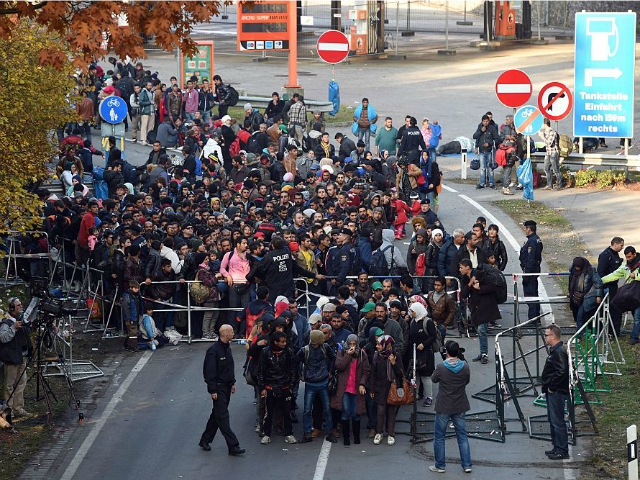The Chairman of the German Board of the Federal Employment Agency has claimed that Germany needs at least 400,000 migrants to arrive per year to fill gaps in the labour market.
Detlef Scheele claimed that Germany is running out of skilled workers and noted that people of working age are declining at a rate of about 150,000 people per year.
“From nursing to air conditioning technicians to logisticians and academics: there will be a shortage of skilled workers everywhere,” Scheele asserted.
He noted that he was not talking about taking more asylum seekers, rather targeted labour migration, Kronen Zeitung reports.
“You can stand up and say: We don’t want foreigners. But that doesn’t work,” he claimed.
“The fact is: Germany is running out of workers.”
Rene Springer, a member of the anti-mass migration Alternative for Germany (AfD), criticised Scheele’s remarks saying he was “making himself a mouthpiece for companies that want to push down wages further with the help of immigration.”
Over the last several years, there have been several calls to increase migration in Germany, including last year by Herbert Brecker of the Institute for Research on the Labour Market (IAB), who argued that only mass migration can solve Germany’s demographic shift as more people retire.
Mass migration into Germany in recent years has already changed the demography of the country to the extent that one in four Germans come from migrant backgrounds and have at least one parent born abroad.
However, despite a massive surge of over a million asylum seekers and migrants during the height of the 2015 migrant crisis, Germany has had difficulty integrating migrants into the labour force.
A 2017 report claimed that up to 74 per cent of the migrants who arrived during the crisis has no job qualifications or professional training at all.
Long-term economic benefits of mass migration have also been challenged by some scholars, such as Professor of Economics Mats Hammarstedt, who said in December of last year that integration issues have led to long-term unemployment among migrants in Sweden.
“Every year, the public sector redistributes resources from domestic-born to foreign-born, and the long time it takes for refugee immigrants and their relatives to establish themselves in the labour market means that refugee immigration entails a cost to public finances even long after the refugees have immigrated to Sweden,” he explained.

COMMENTS
Please let us know if you're having issues with commenting.